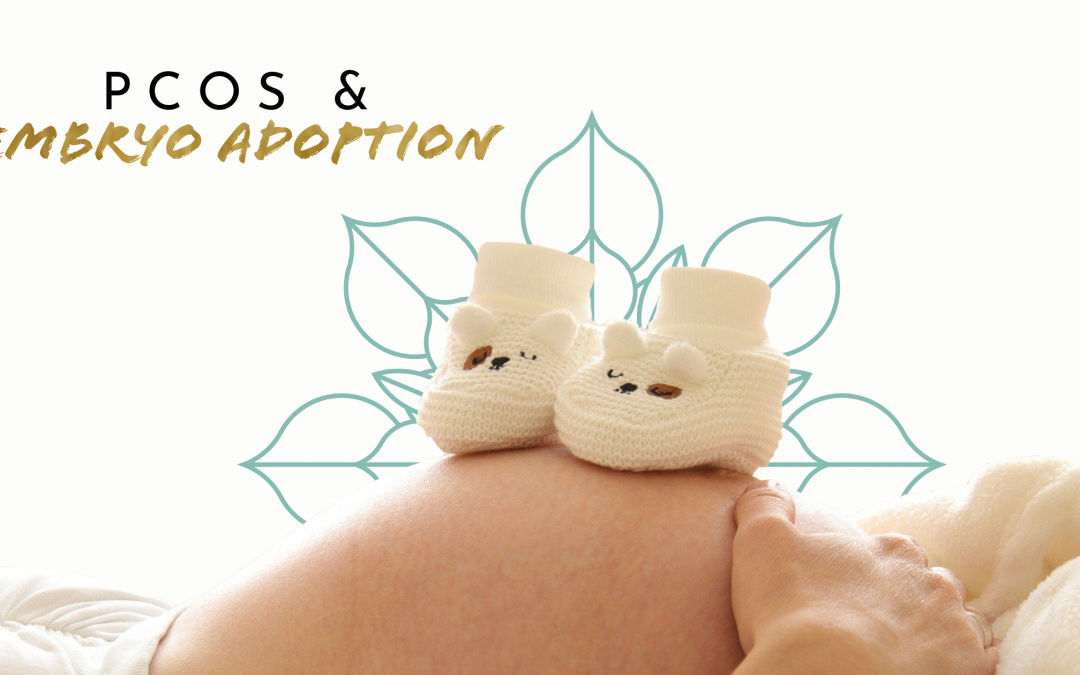Polycystic Ovarian Syndrome (PCOS) is a condition where a woman does not make enough of the hormones needed to ovulate. This can cause an array of symptoms including small cysts to form, problems with the menstrual cycle, and in some cases, issues with fertility.
After a PCOS diagnosis, it is natural to have questions, fears, and even doubts. It is more common than you think! In fact, 15% of women of reproductive age are diagnosed with PCOS. Despite its challenges, achieving pregnancy with PCOS is possible! There are many avenues and treatments available for you to experience pregnancy.
Let us walk you from diagnosis to baby
First, it is important to have a conversation with your doctor about the reproductive options available to you. They will have the medical expertise to help address symptoms, provide treatment plans, or counsel you with the next best steps for your body to achieve pregnancy.
Medical Interventions:
Medications:
Common medications for PCOS include clomiphene, letrozole, and gonadotropins.
Medication can help stimulate the ovaries to release eggs. Your doctor will explain the risk factors before prescribing you these medications, as there are risks for ovarian hyper-stimulation or an increased chance of twins or more.
Surgery:
In some cases, surgery can remove hormone-producing tissues that interfere with ovulation. This is not as common, as medications are usually preferred.
IVF:
If medication is not successful in helping couples conceive naturally, your doctor may recommend in vitro fertilization (IVF). The process involves fertilizing an egg and sperm in a lab to create an embryo. The embryo is then transferred via a fresh or frozen embryo transfer cycle to achieve pregnancy.
In between all the treatments, appointments, research, etc., staying healthy and active is key! Eating the right foods and exercising helps with losing weight, which can reduce PCOS symptoms and aid your fertility. Exercise helps the body use insulin more efficiently, lower blood glucose levels, and may help you ovulate.
Embryo Adoption
The process of IVF often creates more embryos than needed for IVF transfers. As an alternative solution to destroying the embryos or having them remain frozen indefinitely, many couples choose the life-affirming option to donate their embryos to another family. The adoptive family will undergo a FET with these embryos, where they are able to achieve pregnancy and give birth to their adopted child!
Embryo adoption is a highly successful family-building solution for women with PCOS. The condition targets the woman’s ability to ovulate, but not her ability to carry a pregnancy. Be sure to consult your doctor that this would be an option for you.
There are numerous embryo adoption programs that are ready to walk this journey with you. Many programs require a home study, criminal background check, and medical clearance, and then match you with an embryo donor.
No one expects to receive a diagnosis like PCOS, so we understand that it can be an emotional and difficult process. There is hope for many women with PCOS to not only bring health to your body, but also help you have your baby!
To learn more about embryo adoption or donation, visit EmbryoAdoption.org.


Recent Comments